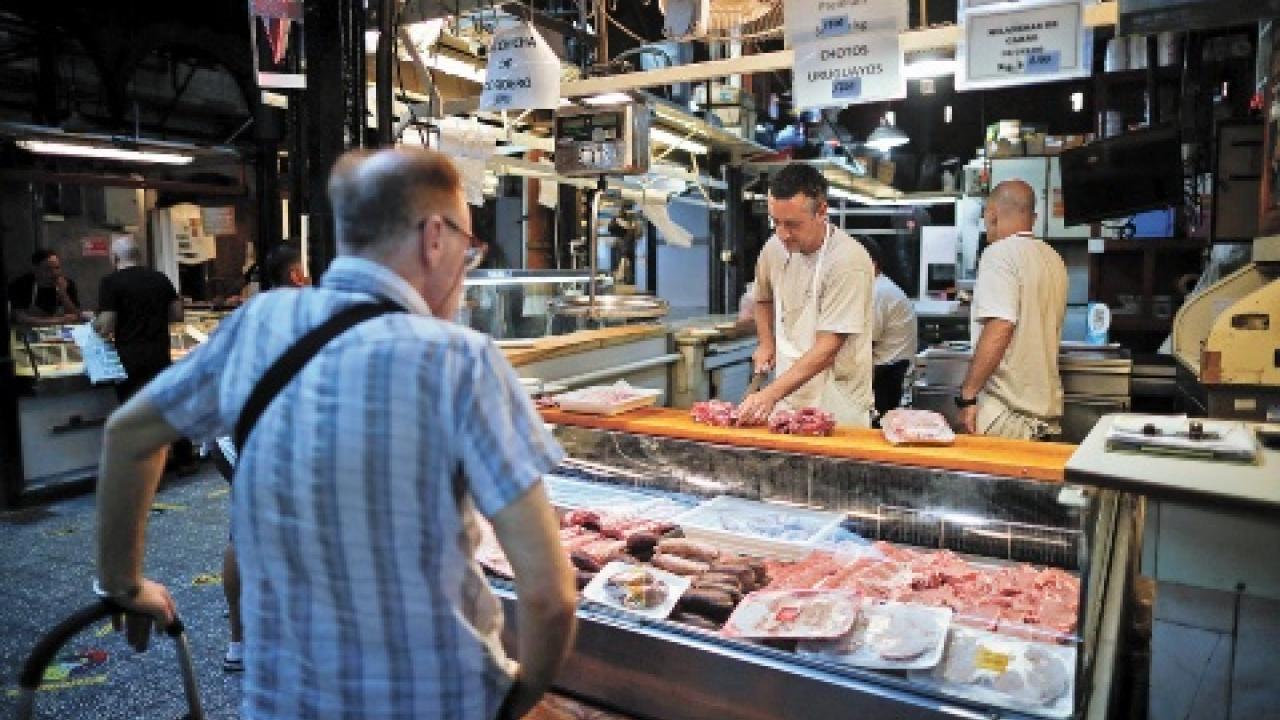
Although the Milei government has been successful in reducing the pace of price increases, Argentina still maintains the highest inflation in the region.
Argentina's Consumer Price Index (CPI) went to 8.8 in April, 2.2 percentage points less than the11% read the previous month, said on Tuesday the National Institute of Statistics and Censuses (Indec).
This is the first time Argentina's monthly inflation reaches single digits in six months. Likewise, the Indec figures are close to those projected by some independent consulting firms in the country. For example, Auram Valores estimated that the April CPI would be between 9 and 9.5%. Along similar lines, C&T Asesores estimated that inflation in the Buenos Aires metropolitan area would be 8.7% in April.
Returning to the official Indec figures, in year-on-year terms, Argentinean inflation increased to 289.4% in April, compared to 287.9% in March. Inflation in the first quarter of 2024 was 65%.
Inflation is notably lower than the one recorded by the interannual index in previous months. However, this does not preclude Argentina from keeping the highest inflation rate in Latin America. By comparisson, Venezuela, afflicted by hyperinflation a few years ago, registered monthly inflation of 2.9% in April, according to the Venezuelan Finance Observatory.
On the other hand, on the streets, both merchants and consumers affirm that prices remain high, despite the government's optimism.
"No matter how much the inflation rate falls, which is what everyone says, that is not reflected here, because look closely, there are items that should have gone down, but have not," declared for Reuters Sandra Boluch, a Buenos Aires fruits and vegetables merchant for 50 years.
This is a trend that has had an impact on the entire production chain of their business, from the prices of carrots and apples to the fuel used by freight trucks.
For his part, Eugenio Mari, chief economist of the consultancy Libertad y Progreso, recognized that Milei's fiscal austerity measures have a counterproductive effect on salaries and economic activity. However, the gradual release of exchange controls and the reduction of public spending will lead to economic improvement in the long term.
"A sharp fall in real wages implies a decrease in aggregate demand, a decrease in consumption and, obviously, a decrease in economic activity. But the interesting thing is that now, with the fall in inflation, the door opens for the recovery of real wages," declared Mari for Reuters.
TARIFFS INCREASE IMPACT THE CPI
Indec indicated that the sectors that registered the largest price increases included Housing, water, electricity, gas and other fuels (35.6%), due to recent increases in tariffs for basic services; Communication (14.2%), due to increases in telephone and Internet services; and clothing and footwear (9.6%), as a result of the change of season from summer to autumn/winter.
Alcoholic beverages and tobacco (5.5%) and Miscellaneous goods and services (5.7%) were the two items with the smallest price increases in April.
It should be noted that hours before the April data was released, the president of Argentina, Javier Milei, assured that the country is "beating" inflation, showing his optimism in the face of the fall in the price index that has been taking place in recent months. So far, neither Milei nor Luis Caputo, his Minister of Economy, have commented on the Indec report.









